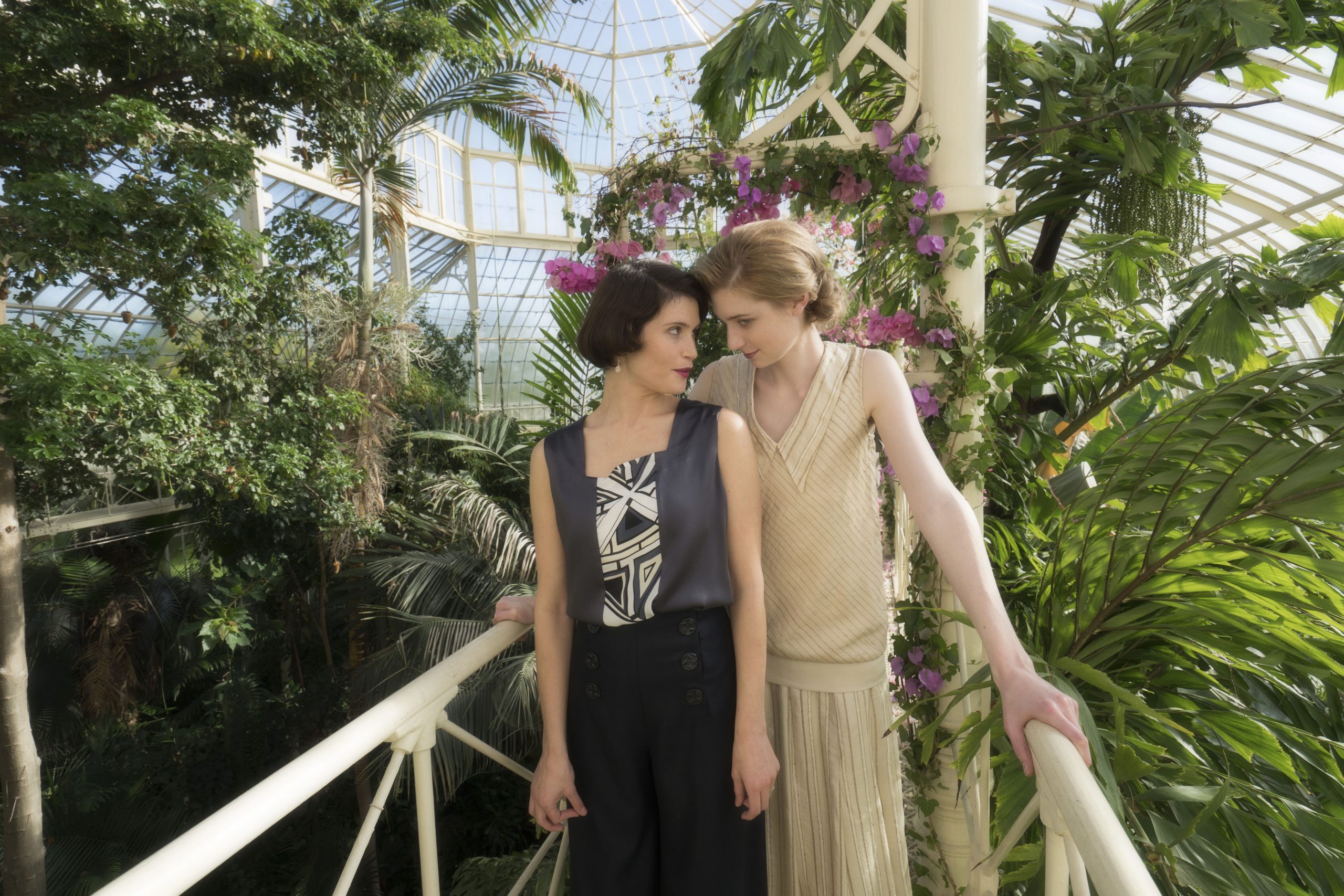The LGBTQ+ festival stands out with its quality Canadian and Latinx programming
Turning 32 this month, Image+Nation is the oldest still-running LGBTQ+ film festival in Canada. Every year, they aim to explore new themes and ways of filming queer stories.
This year’s edition marks a special turn. They brought back their animation film selection after 10 years of absence, added a selection of Canadian short films, and put forward nine Latinx feature films – the most they have ever had.
“These are all films that center on self-acceptance,” said Kat Setzer, the programming director.
In today’s context of diversity and inclusion in cinema, one could think that a queer film festival in Montreal would have lost its necessity, political power and relevance. Charlie Boudreau, the director of Image+Nation, defended her festival at the opening night on Thursday Nov. 21. She said that this year’s films bring to Montreal exclusive screenings that embody the constant evolution of queer cinema, putting forward new directors, new parts of the world and new issues.
In that regard, Image+Nation helps redefine queerness and its relationship to national cinemas and their political ramifications.
For its opening weekend, it brought to the forefront surprisingly high-quality filmmaking.
And then we danced marked the opening ceremony last Thursday.
“This film is my love letter to Georgia,” said director Levan Akin, in a video directed to the Montreal public prior to the screening. It was shown in a Montreal theatre for the second time after its Quebec premiere at the Festival du Nouveau Cinéma (FNC).
The Swedish-Georgian film depicts the love affair of Merab, a dancer training in the National Georgian Ensemble, with a new rival in the team, Irakli. In a conservative Georgia and dancing ensemble, where masculinity is “the essence” of the dance, their relationship is fraught and forbidden. Their love is subtly and gently told, mostly unsaid but very much felt.
Filled with enticing Georgian music, warm golden lighting throughout the film, and dynamic choreography, it was a wise choice for the opening of Image+Nation.
And then we danced also very much connects with the political relevance of such a festival. When it premiered in Tbilisi, the capital of Georgia, on Nov. 8, it was welcomed by hundreds of anti-LGBT protesters, blocking the entrance to the film. Despite the scandal forcing Georgian theatres to stop showing the film after three days, it still sold an estimated 6,000 tickets.
Proving the necessity of queer storytelling worldwide, And then we danced was well received by both the public and critics, and deserved the spotlight.
Adding to the films that kicked off the festival, This is not Berlin and José, presented one after the other at l’Impérial on Friday Nov. 22, were particularly good. They were both part of the Latinx programming of the festival.
“This is one is superb, one of my top five of this year,” said Setzer, when talking about the Mexican feature film This is not Berlin.
Directed by Hari Sama, it tells the story of two high-school students as they dive deep into the Mexican underground punk arts scene. Because, as the title says, this is not Berlin, things get complicated when they try to make art and fall in love the way they want.
José, by Li Cheng, was probably the best film of the entire weekend and the most underrated. It was the first Guatemaltecan movie in the history of Image+Nation and turned out to be a naturalistic and poetic gem. Unlike many movies that tackle the hookup culture among some modern gay men, this film avoids clichés and touches people with its beautiful yet believable and relatable love story. It has to have more screenings in Montreal, or at least be available to stream in Canada.
With even more events coming in the course of this week, including short film programs of Quebec and Canadian films, as well as documentaries about LGBTQ+ issues and award-winning feature films, Montreal has not seen the last of Image+Nation this year.
The Concordian will follow their activities and review some of their featured films next week.
For more information about the festival’s history and programming, visit https://www.image-nation.org/
